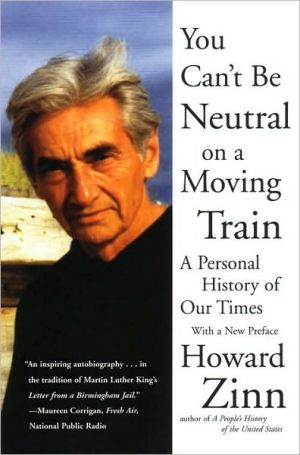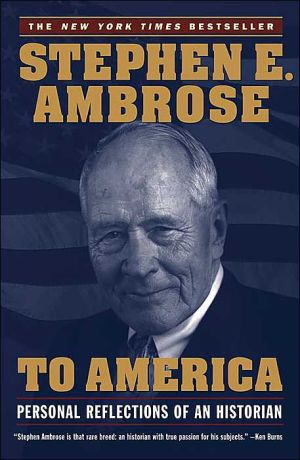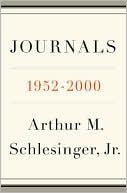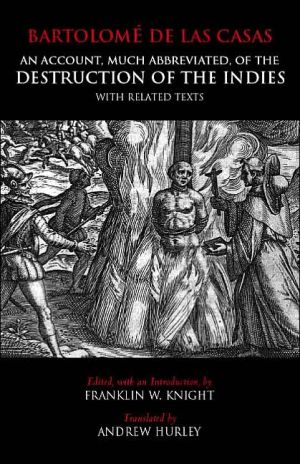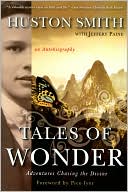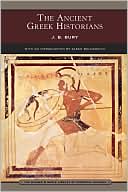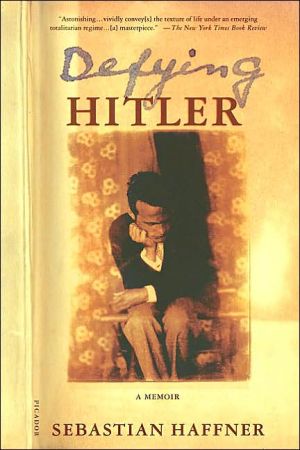You Can't Be Neutral on a Moving Train: A Personal History of Our Times
Howard Zinn, author of A People's History of the United States, tells his personal stories about more than thirty years of fighting for social change, from teaching at Spelman College to recent protests against war.\ A former bombardier in WWII, Zinn emerged in the civil rights movement as a powerful voice for justice. Although he's a fierce critic, he gives us reason to hope that by learning from history and engaging politically, we can make a difference in the world.
Search in google:
“An inspiring autobiography . . . in the tradition of Martin Luther King’s ‘Letter from a Birmingham Jail.’ ” —Maureen Corrigan, Fresh Air, National Public RadioBeacon Press is proud to publish a new edition of the classic memoir by one of our most lively, influential, and engaged teachers and activists. Howard Zinn, author of A People’s History of the United States, tells his personal stories about more than thirty years of fighting for social change, from teaching at Spelman College to recent protests against war. A former bombardier in WWII, Zinn emerged in the civil rights movement as a powerful voice for justice. Although he’s a fierce critic, he gives us reason to hope that by learning from history and engaging politically, we can make a difference in the world. “A teacher who committed his politically engaged life to the belief that love is a command to action.” —Colman McCarthy, The Washington Post“A powerful, politically electric book from one of the most engaging social critics in the nation.” —Jonathan Kozol “Zinn explains his involvement in the struggles for civil rights, against war and in support of organized labor. . . . These are lively tales.” —The New York Times Book Review Howard Zinn, author of A People’s History of the United States and Three Strikes, lives near Boston. Publishers Weekly Noted left-wing historian Zinn (A People's History of the United States) believes that activism and education are inextricable, and his memoir illuminates a well-engaged life. Teaching at Atlanta's Spelman College in the early days of the civil rights movement, he found allies in principled students like Marian Wright (now Edelman) and budding writer Alice Walker. He advised SNCC in Selma, Ala. He volunteered to fight the Nazis but, after Hiroshima, developed a skeptical pacifism he further exercised as a passionate opponent of the Vietnam War. Zinn's narrative is oddly disjointed: not until late in the book does he recount his youth in the slums of Brooklyn, his discovery of Dickens, Marx and Steinbeck and his post-WW II years as a laborer and a 27-year-old college freshman. If Zinn is a bit Pollyannish, he's also inspirational, arguing that, because much has changed in history, "We can be surprised again. Indeed, we can do the surprising.'' (Sept.)
Preface 2002Introduction: The Question Period in Kalamazoo1Pt. 1The South and the Movement1Going South: Spelman College152"Young Ladies Who Can Picket"263"A President Is Like a Gardener"374"My Name Is Freedom": Albany, Georgia465Selma, Alabama566"I'll Be Here": Mississippi69Pt. 2War7A Veteran against War878"Sometimes to Be Silent Is to Lie": Vietnam1039The Last Teach-In11510"Our Apologies, Good Friends, for the Fracture of Good Order"126Pt. 3Scenes and Changes11In Jail: "The World Is Topsy-Turvy"14112In Court: "The Heart of the Matter"15113Growing Up Class-Conscious16314A Yellow Rubber Chicken: Battles at Boston University18315The Possibility of Hope197Acknowledgments210Index211
\ Publishers Weekly - Publisher's Weekly\ Noted left-wing historian Zinn (A People's History of the United States) believes that activism and education are inextricable, and his memoir illuminates a well-engaged life. Teaching at Atlanta's Spelman College in the early days of the civil rights movement, he found allies in principled students like Marian Wright (now Edelman) and budding writer Alice Walker. He advised SNCC in Selma, Ala. He volunteered to fight the Nazis but, after Hiroshima, developed a skeptical pacifism he further exercised as a passionate opponent of the Vietnam War. Zinn's narrative is oddly disjointed: not until late in the book does he recount his youth in the slums of Brooklyn, his discovery of Dickens, Marx and Steinbeck and his post-WW II years as a laborer and a 27-year-old college freshman. If Zinn is a bit Pollyannish, he's also inspirational, arguing that, because much has changed in history, "We can be surprised again. Indeed, we can do the surprising.'' (Sept.)\ \ \ \ \ BooknewsZinn (political science, Boston U.) brings to life 30 years of American history by telling the stories behind his politically engaged life. He writes of his experiences in WWII, his work in the civil rights and anti-war movements, and his imprisonment for civil disobedience. Annotation c. Book News, Inc., Portland, OR (booknews.com)\ \ \ Colman McCarthyA warmhearted memoir of a teacher who committed his politically engaged life to the belief that love is a command to action.\ —The Washington Post\ \ \ \ \ From Barnes & NobleThe acclaimed author of A People's History of the United States brings to life more than 30 years of American social history by telling the stories behind his politically engaged life.\ \
